What struck me most that morning in Jerusalem was her serenity. Listening to the 77 year old Christian woman somehow felt like spring water in a desert – this despite her traumatic experience of three interwoven Nakbas.
She talked about the human catastrophe of being displaced by Israel, the identity catastrophe of no longer knowing where you fit in or may live; and a theological catastrophe since your own religion (Christianity) is used to justify your oppression.
Al-Nakba is Arabic for “The Catastrophe” referring to the widespread death, destruction, dispossession and displacement of Palestinians during the creation of the State of Israel. Today Nakba day is annually commemorated on 15 May.
I was listening to her at Sabeel, an Ecumenical Centre for Liberation Theology in Occupied Palestine.
The woman was only eleven years old on Sunday 30 November 1947 when the Irgun, a clandestine Zionist armed group, first shelled the Arab sections of Haifa, her city.
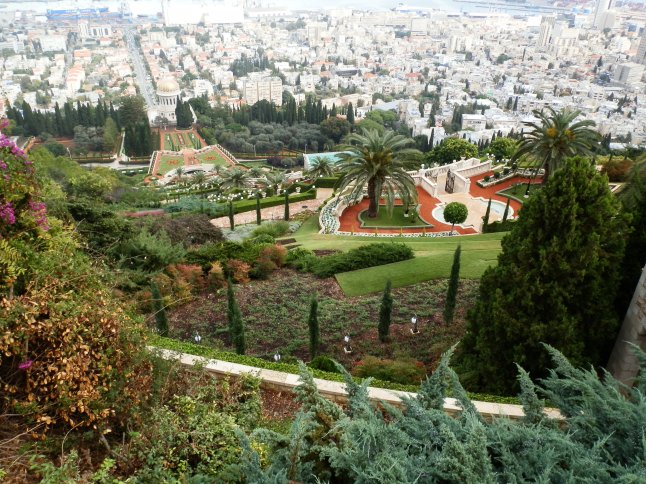 Haifa today – an Israeli city.
Haifa today – an Israeli city.
- A human Nakba
Haifa was not the only place under attack. In March 1948 David Ben Gurion announced a program for destroying and depopulating Arab areas and eliminating any resistance. By then already 30 Arab villages had been depopulated.
By April 1948 Haifa’s indigenous Arab residents fled to the harbour with what little they could carry. Many drowned as their overloaded boats capsized. Since the woman’s family are Christians they fled to Nazareth.
Clandestine Zionist forces dispossessed 531 Arab towns or villages and 11 Arab urban areas with almost complete looting of Palestinian property and wealth, including the banks, property, businesses, fields and orchards.
A comment by the then head of the International Red Cross delegation in Palestine on the massacre of Deir Yassin is particularly chilling. On 10 April 1948 he drove into the village outside Jerusalem and came across a detachment of Zionist Irgun members. They came from Deir Yassin which was wiped out the previous night:
All of them were young, some even adolescents, men and women armed to the teeth: revolvers, machine-guns, hand-grenades, and also cutlasses in their hands, most of them still blood-stained. A beautiful girl with criminal eyes showed me hers still dripping with blood; she displayed it like a trophy. (Dimbleby1979:79).
Israel’s Irgun museum refers to the Deir Yassin massacre as an “operation” that was “a key point in the War of Independence”.
The display in the entrance proudly displays the following words in its entrance:
Other Zionist troops – Haganah and Palmach – carried out dozens of operations. They blew up as many houses and killed old people, women and children where there was resistance.
As the Arabs moved out, the Zionists moved in…several hundred thousand Palestinians were on the move, criss-crossing Palestine or fleeing towards neighbouring countries, dodging the Zionist army, sleeping in olive groves and in mountain huts, or swamping villages not yet under attack. (Dimbleby:89).
Israel declared itself a state on 14 May 1948. Nazareth and many other places was under military control. The world stood by. No-one came to their rescue:
We are a burden on Jordan, Egypt, Lebanon and Syria, we are a burden…
She repeated her words, and briefly turned her head away. I cringed.
2. An identity Nakba
Israel became a state, but Palestinians were not welcome there:
We woke up in Israel. Who are we? We were not allowed to say that we are Palestinian.
Suddenly 750 000 Palestinians were refugees. Many of them still have the keys to their houses, but Israel does not allow them to return to their properties (homes, agricultural land, etc.) as allowed for in Resolutions 194 (1948) and 237 (1967) of the United Nations. Displaced Palestinians do not have access to civilian courts that could provide effective remedies and reparations.
Today more than 50 laws enshrine the status of Palestinians in Israel as second-class citizens based on their ethnic and religious identity. Palestinians within occupied Palestine face daily violations of human rights, economic rights and political rights.
We recognise Israel as an Israeli state, but it is a state only for its Jewish citizens.
3. A theological Nakba
She grew up as a Christian and attended missionary schools.
After they fled they realised that in the land of the Bible and just as in the days of Joshua, they experienced ethnic cleansing:
We couldn’t pray anymore. When we most needed hope, to pray and to read our scriptures, we could not. People stopped going to church.
The Biblical Israel used to be our spiritual ancestor, now it was our oppressor. We did not know what to think. The churches gave us a lot to address our physical needs. To them we were a bunch of refugees who needed aid, wherease we were actually a people with spiritual needs and an identity crisis.
She concluded on an inspirational note:
But the Bible has good news and we as Palestinians are trying to find it. This is why we started with a liberation theology. Jesus lived as a Palestinian under the Roman oppression. As Palestinian Christians we believe in standing up for our rights – but non-violently. We want to rise up over the ways of the world without abandoning the poor and the oppressed or losing sight of the humanity of the oppressor.
It is this compassion with Israel as the oppressor that inspires me so much. For despite everything they go through in an ongoing Nakba of occupation, destruction and dehumanisation as, for example, Gaza in 2014 and in ongoing, daily human rights violations in the West Bank and in East Jerusalem, the majority of Muslim and Christian Palestinians still acknowledge the humanity of Jewish Israelis.
Our task is to take the lead from these Palestinians in a mutual quest to overcome hatred and division between people. It is as applicable to other contexts as it is to the Palestinians and Israel.
Earlier in May 2015 a group of mainly South African Jews publicly acknowledged how Palestinians have been displaced and dispossessed. Their message was that there are Jewish people who support their struggle. Heidi Grunebaum, one of the organizers of the ceremony in Lubya told The Electronic Intifada:
Given what South Africa’s history has been, there’s something abominable and unthinkable in Israel proclaiming a South Africa Forest not only on stolen land, but on land where there used to be a village. It’s almost another level of erasure.
Lubya used is one of the 530 Arab Palestinian villages that Israel destroyed during the Nakba. Today it is planted over with a forest with money South African Jews donated. Many donors to the South Africa Forest in present-day Israel probably do not realize that they are helping to cover up the results of ethnic cleansing. The Jewish National Fund website promoting the Lower Galilee project as environmentally sound and offering a certificate to anyone who finances the plantation of at least two trees does not mention these critical details.
For more on the Nakba, see http://www.palestineremembered.com/
For more on Lubya, including a film on it, see https://marthiemombergblog.com/2013/06/07/new-film-peels-layers-of-truth/
Reference: Dimbleby. 1979. The Palestinians. London: Quartet Books.
Photos on Nakba from ICRC and UNRWA archive.
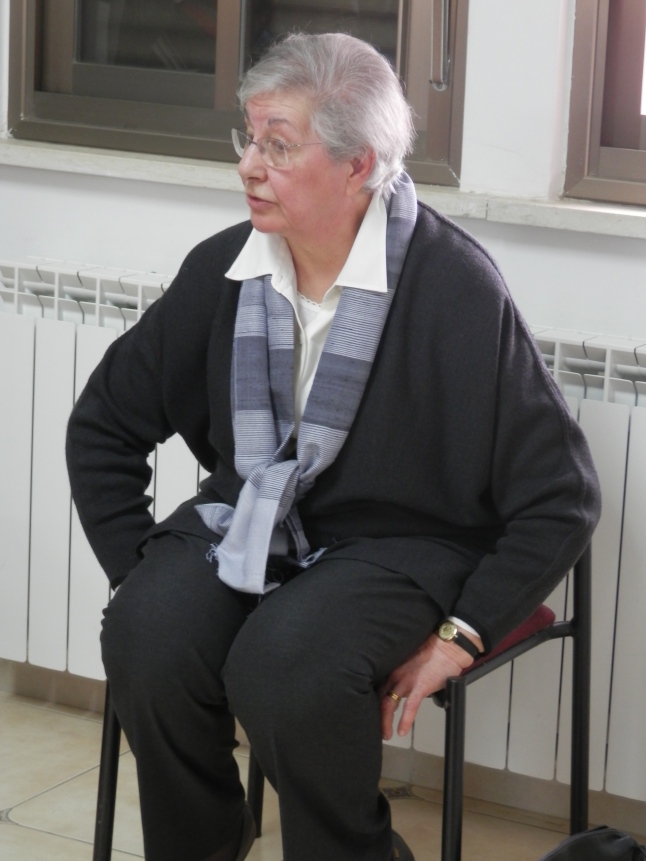



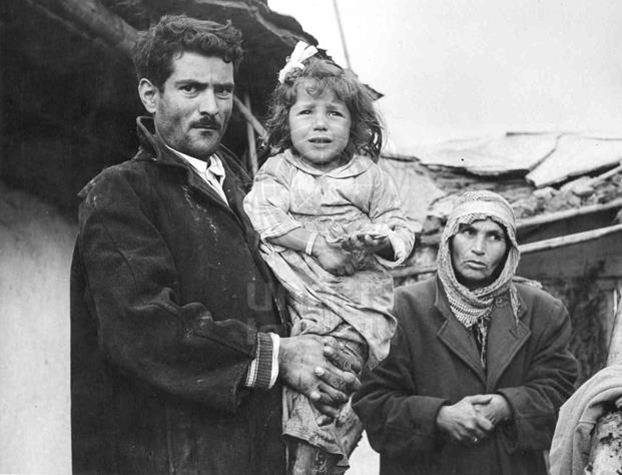




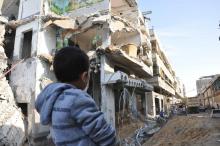
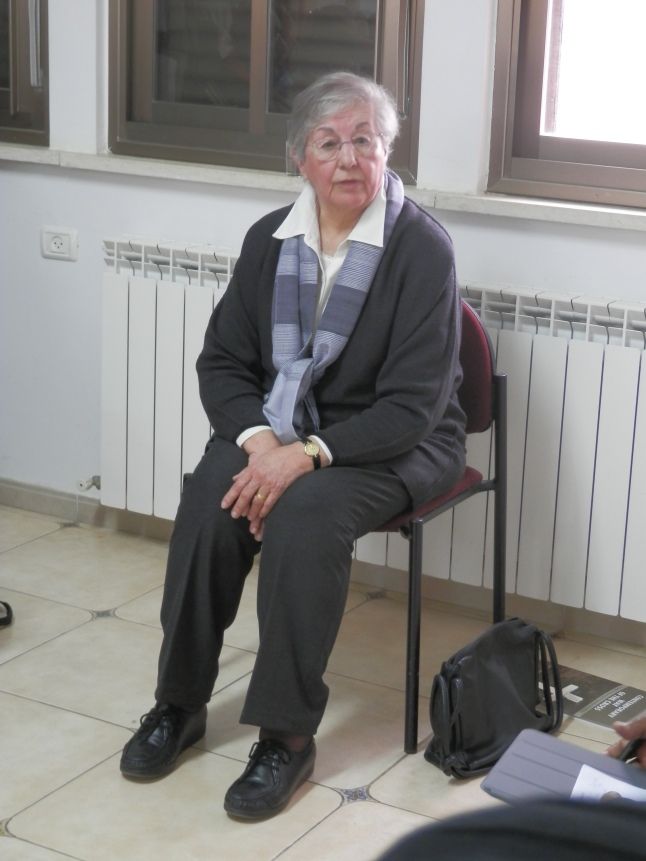

It is interesting that I don’t see any quotes about the 1929 Massacre of Hebron. Why do you hate the Jews so?
LikeLike
You clearly do do not read my posts. I do not hate anyone, but I do resist ideologies that result in the oppression of others, such as Zionist interpretations of Judaism and Christianity.
LikeLike
How on earth do you see hatred for Jews in this post? Read it again and try, as a human being, to understand it. Just as denial of the Holocaust is despicable and ignorant, so denial of the Nakba is also despicable and ignorant. MTS
LikeLike
I agree with stelliestories. I’ve found that, often, when there is no mention of hatred of the jews in a blog, someone always manages to try to include it, so as to condemn. Very sad.
LikeLike
These stories tel only one side of the picture. Since it is only about the suffering of the Palestinians why it is never mentioned about the months and years that the Israelis live with rockets aimed at them and killing them.
LikeLike
The two “sides” are not equal. Israel is not oppressed and under military occupation. Israel, and not Palestine, is guilty of violations of international laws in a systemic manner – not ad hoc, but every day and on multiple levels. Ask yourself: What story could be told about the “other side” during apartheid in South Africa?
LikeLike
Carl, you can’t “balance” an unbalanced situation. Israel is the 4th largest military in the world; Palestinians have rocks and Molotov cocktails. Israel has an army, navy, airforce, and military police; Palestinians have a police force only. Israel has now taken most of Area C, which they tricked Palestinians into giving them total control over at Oslo. That gives Israel some 90% of the original Palestinian homeland. They have driven most Palestinians out of Area C, so they can not only annex it soon, but also give those Palestinians the national vote so as to silence the world’s cries of apartheid. Both sides have killed far too many of the “other”; both sides need to use non-violence and negotiation. But the only “solution” left is one truly democratic SECULAR state with equal rights for all who live between the Jordan and the Sea.
LikeLike